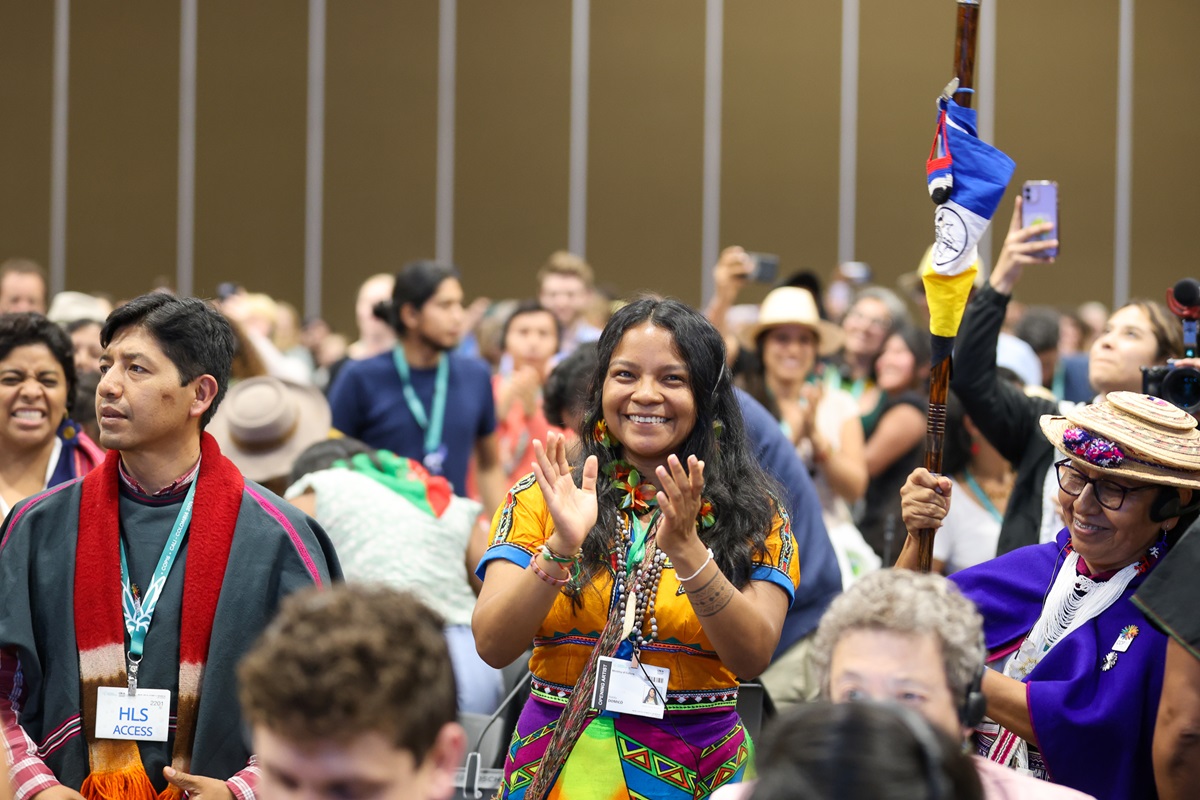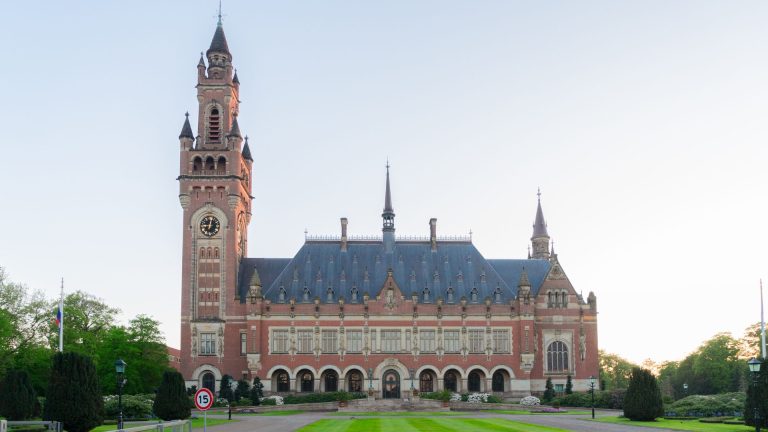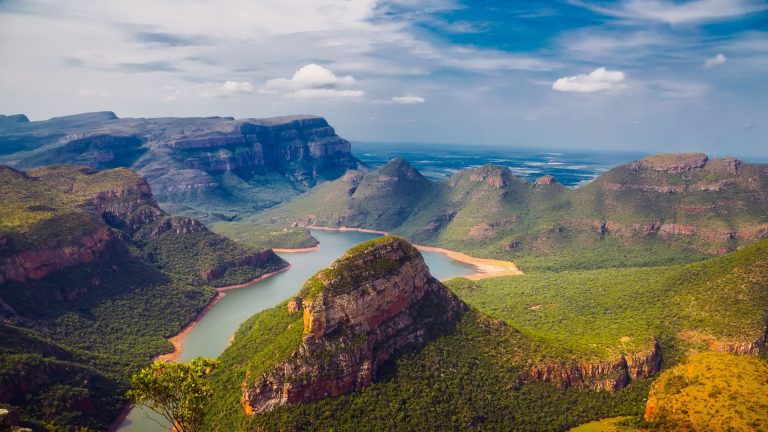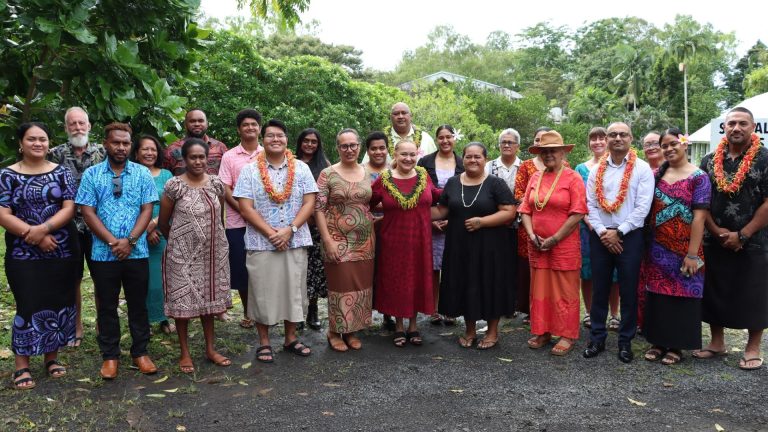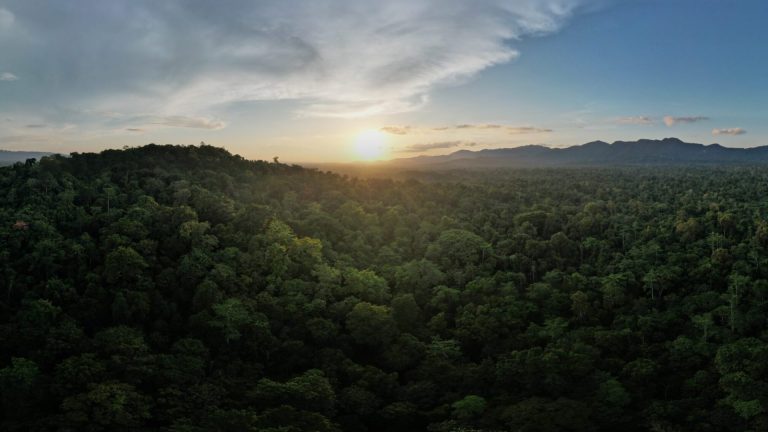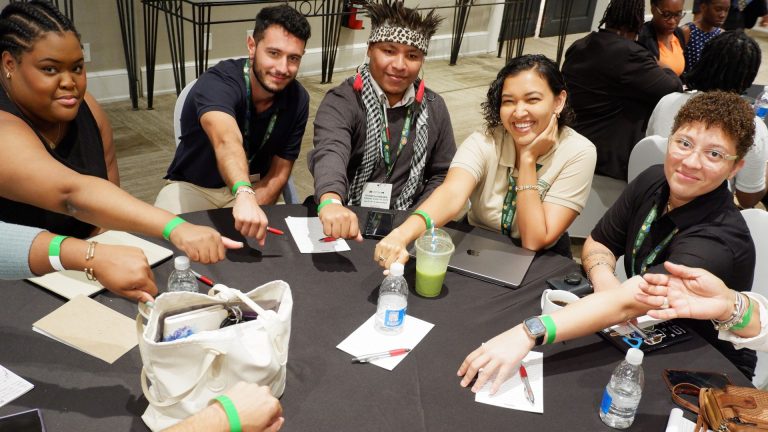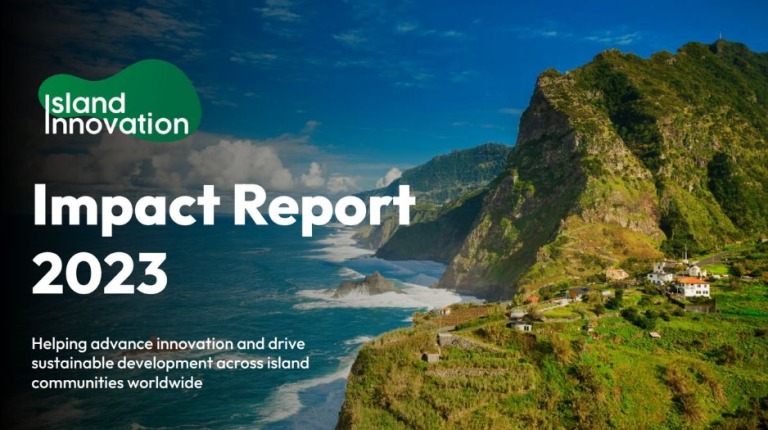Photo by IISD/ENB | Mike Muzurakis. Retrieved from climatechangenews.com
Excerpt from climatechangenews.com
After a marathon last night of negotiations in Cali, Colombia, COP16 closed abruptly on Saturday morning – when countries realised that with the final session of the biodiversity summit stretching to 11 hours, smaller country delegations had left and there were no longer enough governments in the room to formally approve further decisions.
Some progress had been made, however, as the talks established a new “Cali Fund” to channel voluntary contributions from the private sector to compensate countries for the commercial use of genetic material from plants and animals. They also created a new permanent body for Indigenous people, granting them formal power to influence decisions made under the UN biodiversity convention.
But no common ground was found on the most pressing issue facing governments: how to close the gap in biodiversity finance. As time ran out, countries also failed to approve a technical set of indicators – known as the “monitoring framework” – to assess progress on national targets and plans to protect nature.

